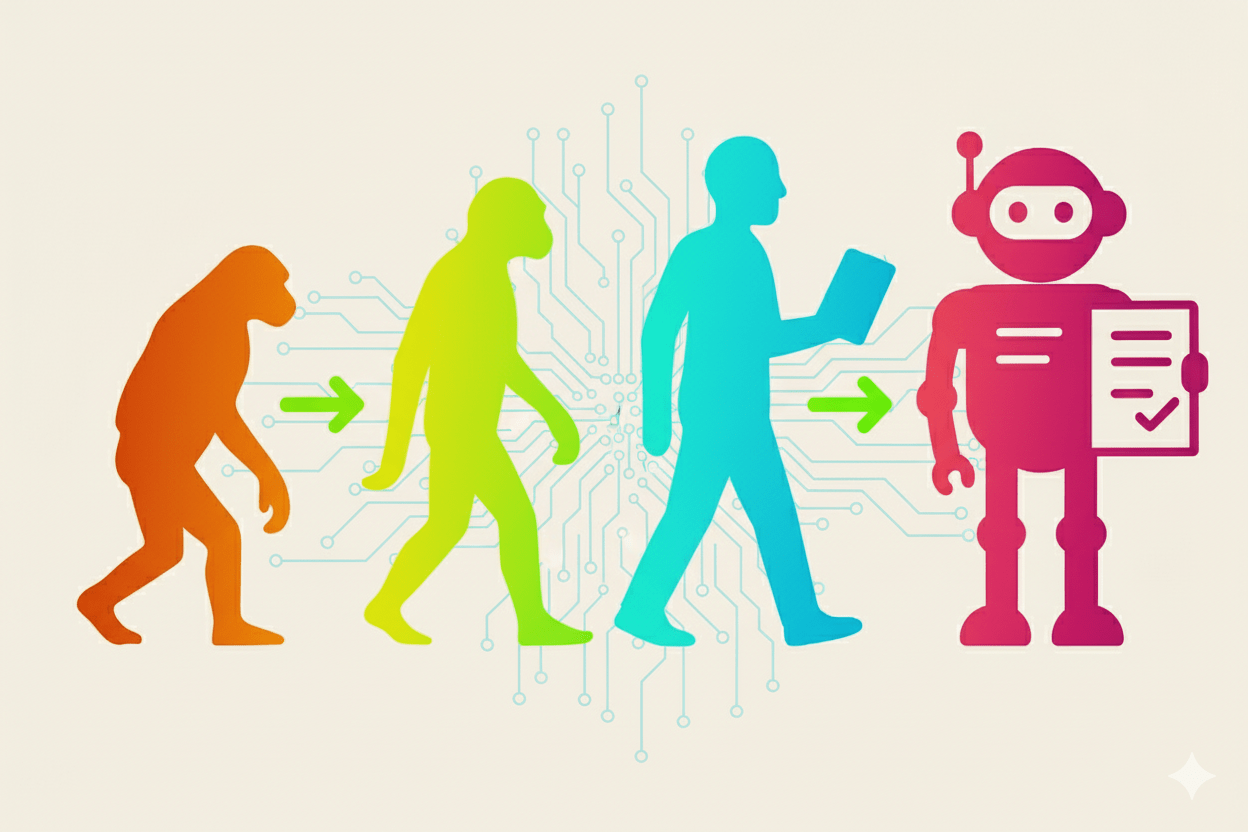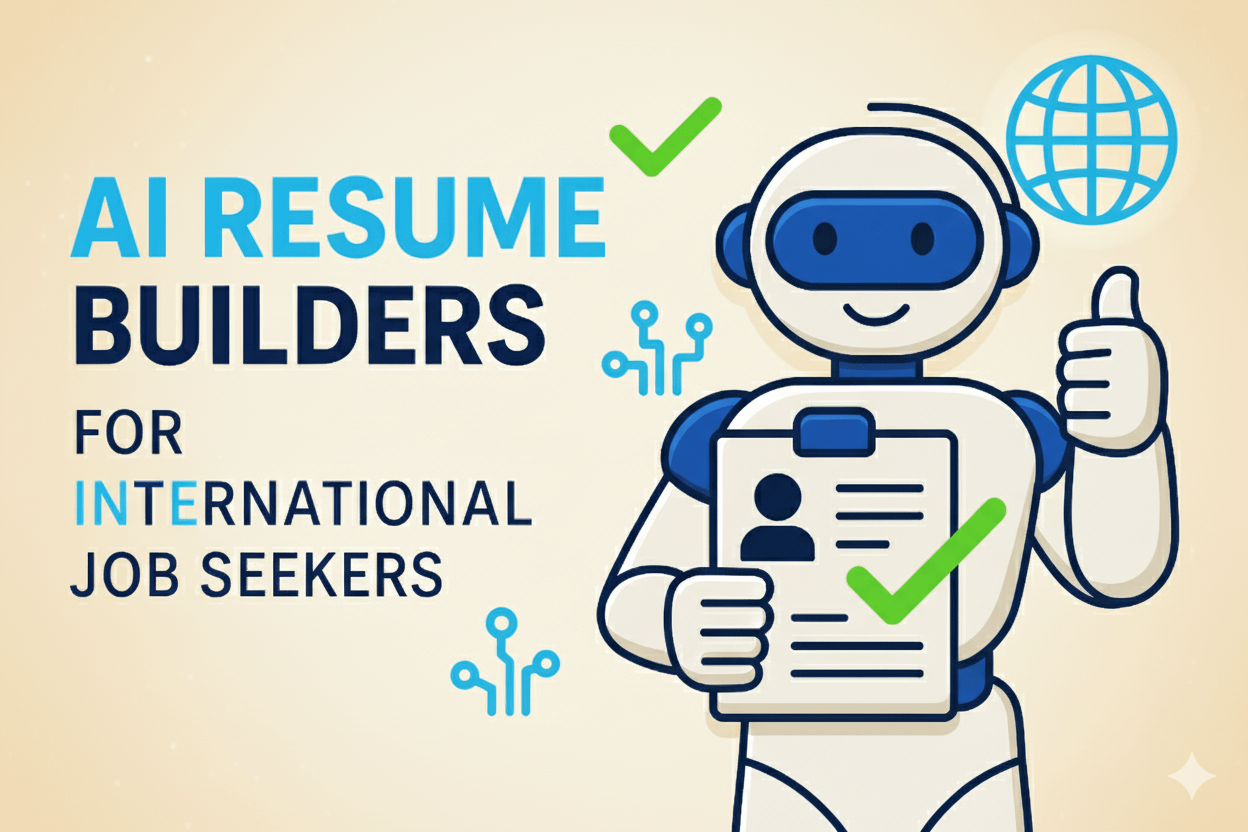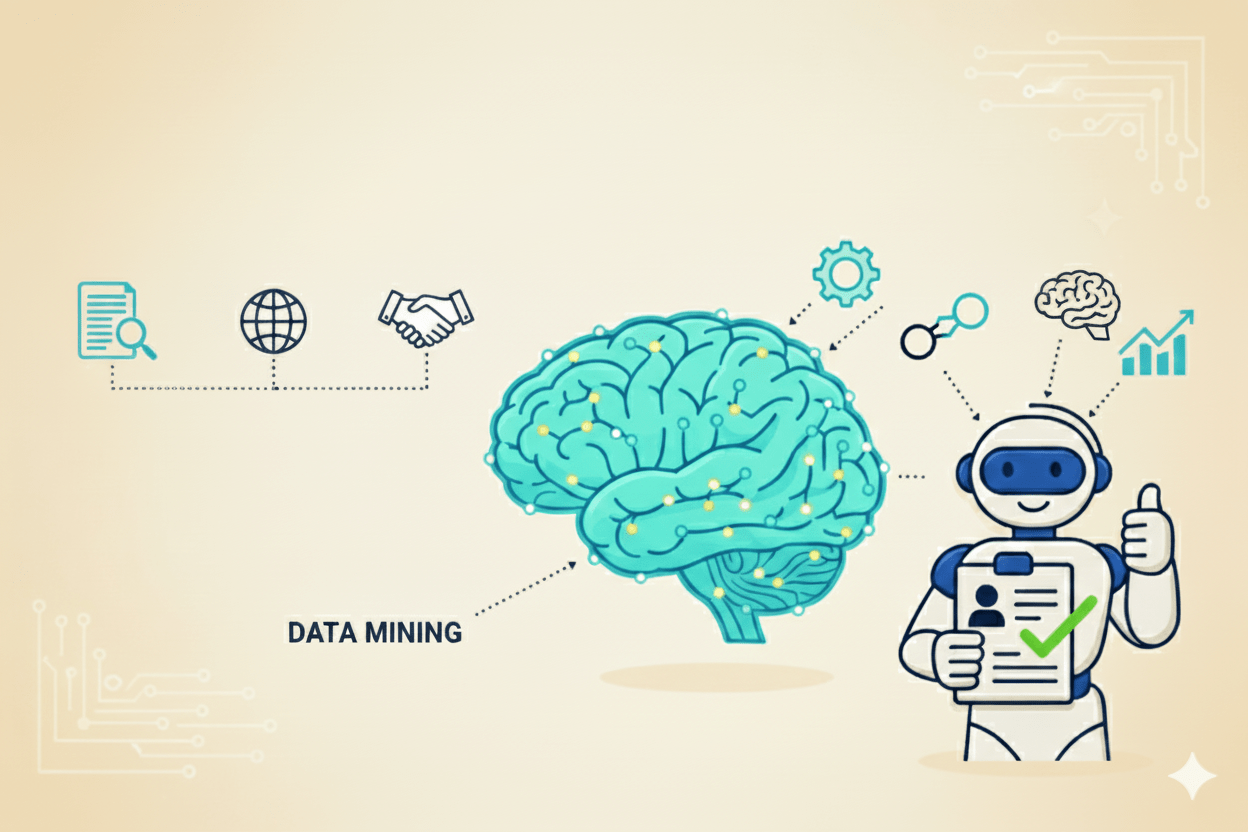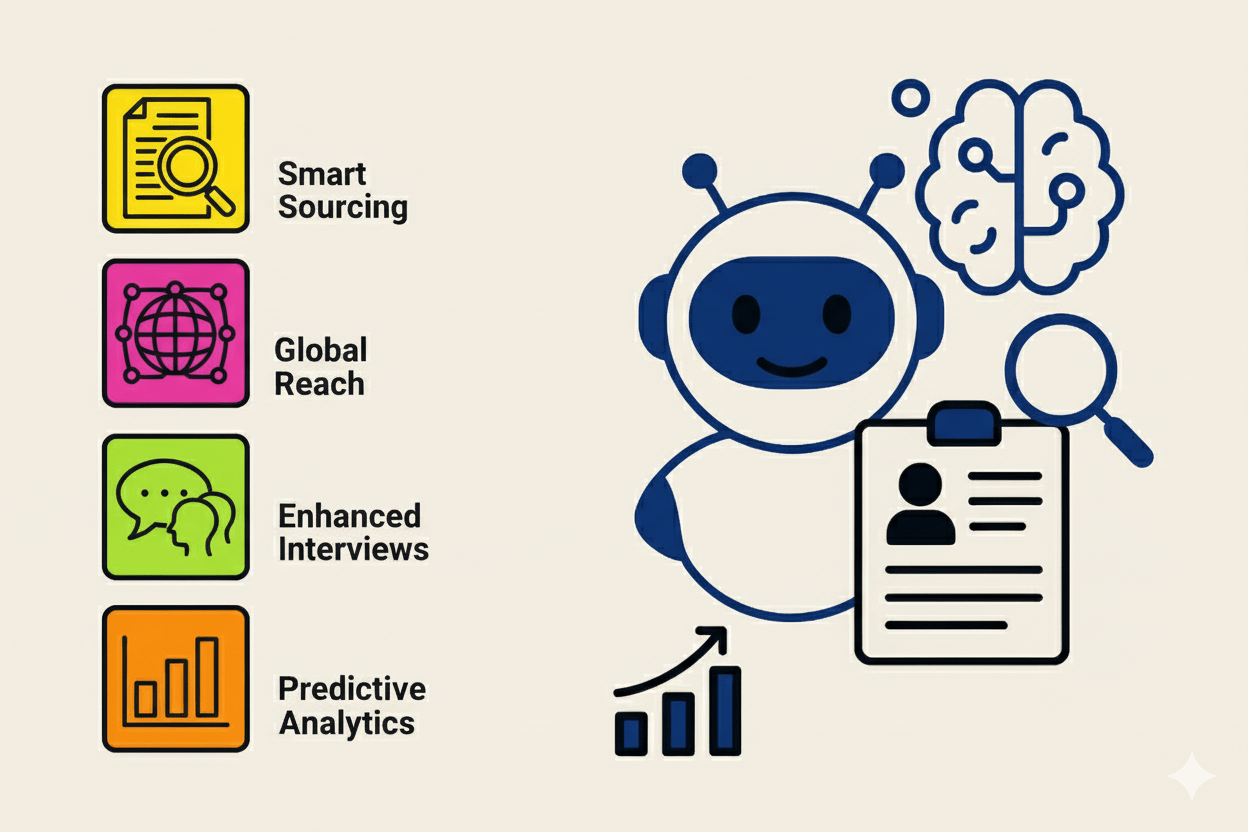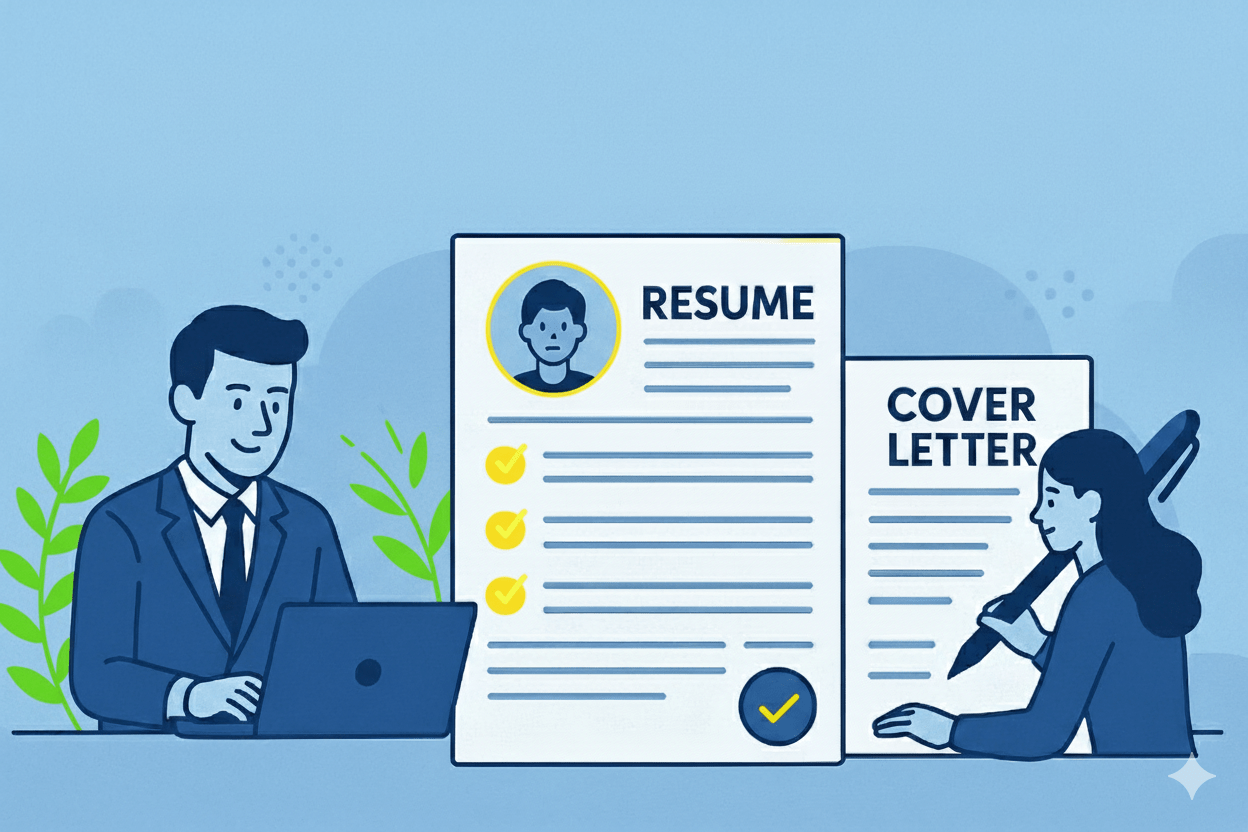AI-Powered Candidate Assessment Tools
Title: AI-Powered Candidate Assessment Tools: Revolutionizing the Way We Measure Potential
Introduction
Traditional hiring processes often rely on resumes, interviews, and subjective assessments, which can be prone to unconscious bias and fail to fully capture a candidate’s unique potential. AI-powered assessment tools are transforming candidate selection by offering fairer, more data-driven insights, helping companies uncover hidden talent and build stronger teams.
Understanding AI-Powered Assessment Tools
These tools use a range of AI techniques to evaluate candidates in a multitude of ways:
- Game-Based Assessments: Assess cognitive abilities, problem-solving skills, and behavioral patterns through interactive game-like tasks. Providers include Arctic Shores (https://www.arcticshores.com/) and Pymetrics (https://www.pymetrics.com/).
- AI-Analyzed Video Interviews: Algorithms analyze facial expressions, language patterns, and voice tonality to provide insights into a candidate’s personality, social skills, and motivation. Platforms like HireVue (https://www.hirevue.com/) are prominent players in this field.
- Cognitive Test: Measure specific abilities such as numerical reasoning, verbal fluency, and spatial awareness.
- Personality and Psychometric Assessments: Modern versions of traditional personality tests powered by AI to provide nuanced insights into work styles, cultural fit, and potential leadership capabilities.
- Skill-Specific Simulations: Test job-relevant skills through interactive, scenario-based tasks. Examples include coding challenges and customer service simulations.
Benefits of AI-Powered Assessments
- Uncovering Hidden Talent: AI tools help identify candidates with strong potential who might be overlooked based on traditional resumes and interviews alone.
- Reduced Bias: AI algorithms are designed to be more objective than human evaluators, minimizing the influence of personal biases. This promotes greater diversity and inclusion in hiring processes.
- Speed and Efficiency: AI assessments automate scoring and analysis, significantly shortening the time-to-hire and freeing HR teams to focus on higher-level tasks.
- Predicting Success: AI’s predictive capabilities analyze candidate data to correlate assessment results with future job performance, improving the accuracy of hiring decisions.
- Enhanced Candidate Experience: Many AI assessments offer engaging, even gamified, experiences that appeal to modern candidates. They also provide immediate feedback, helping candidates gain insights into their strengths and weaknesses.
Statistics on AI in Candidate Assessments
- A [survey by Gartner] found that 56% of global organizations are either already using or planning to implement AI-based assessments in their recruitment process.
- A [study by the Aberdeen Group] indicates companies utilizing AI assessments can increase their quality of hire by 35%.
Best Practices for Implementing AI Assessments
- Choose the Right Tools: Select assessment tools that directly measure skills and competencies crucial to the open role.
- Explain the Process: Transparent communication is key. Clearly explain to candidates the use of AI assessments, ensuring they understand the purpose and rationale.
- Don’t Rely Solely on AI: Use AI assessments as one data point within a comprehensive evaluation process. Factor in interviews, references, and human judgment for a holistic approach.
- Focus on Fairness: Regularly re-evaluate AI assessment tools for unconscious biases and take steps to mitigate them.
Ethical Considerations and Challenges
- Transparency and Explainability: Candidates deserve clear understanding of how assessments work and how their data is used.
- Fairness and Bias Mitigation: Regularly audit AI algorithms and the data they are trained on to proactively address biases and ensure fairness for diverse candidates.
- Data Privacy: Uphold ethical standards in data collection, storage, and usage.
Conclusion
AI-powered candidate assessment tools offer compelling potential to transform how we identify and hire exceptional talent. However, it’s essential to remember that AI is best utilized as part of a multi-faceted hiring strategy. By embracing AI with transparency, awareness of biases, and prioritizing ethical considerations, companies can build a more objective and inclusive hiring process, leading to stronger teams and better organizational outcomes.

